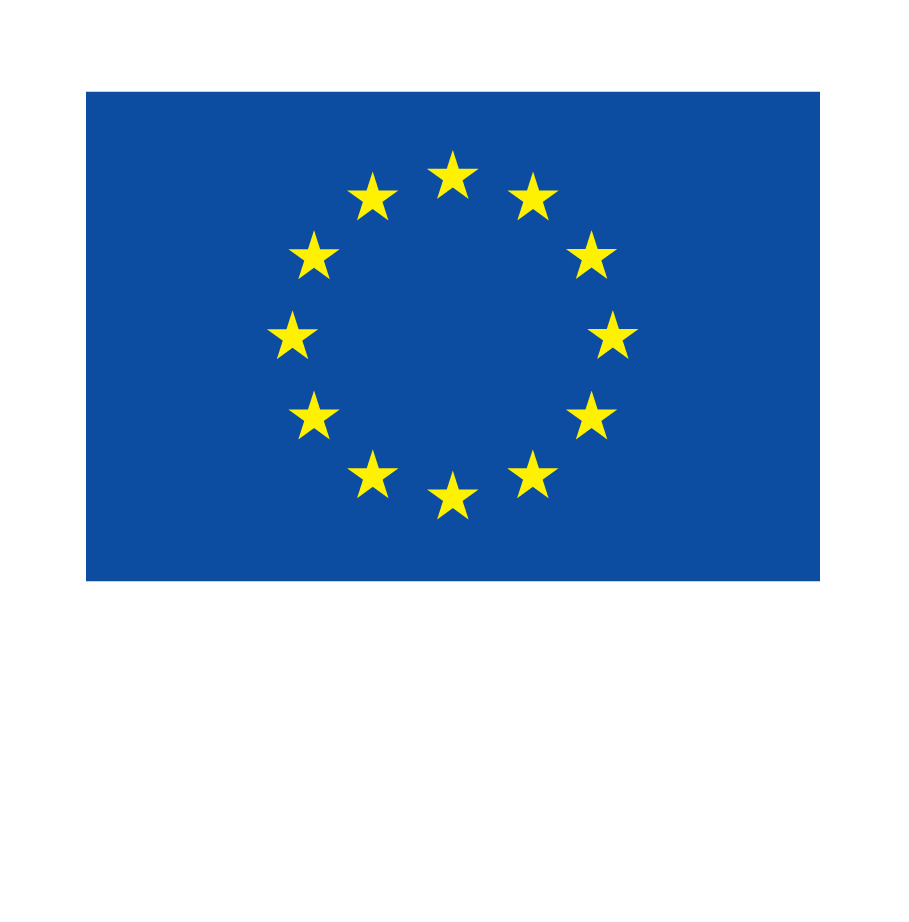The NAVIGATOR project’s main objective is to contribute to a revitalized system of multilateral governance that can strengthen a rules-based international system, thereby advancing the EU´s core values and interests.
We believe that efforts to strengthen the multilateral system should build on robust knowledge about the strengths and weaknesses of different multilateral organizations, about the opportunities and costs of investing in reform or opting for alternative governance arrangements, and that such knowledge can point to action strategies based on the strengths and values of the EU and its member states.

The central result from NAVIGATOR will be an analytical tool – in the form of a “search mechanism” – that allows the European Commission and other key EU actors to compare strengths and weaknesses of existing multilateral organizations, determine which can be reformed and which are too costly to reform, identify and assess alternatives, and, on this basis, develop action strategies to strengthen multilateralism.
To this end, NAVIGATOR has the following three secondary objectives:
1
To assess the role and functioning of existing multilateral organizations in terms of their effectiveness in delivering on their mandates. We differentiate here between core and secondary tasks, thus seeking to identify what multilaterals do better than other types of governance (such as bilaterals, club governance, private rule setters, etc.).
2
To identify how best to engage private actors to champion hybrid and public-private governance arrangements that support European values and transnational democracy. Such arrangements exist in regional, international, and transnational spaces; the question is, therefore: Which pathways of action support European interests?
3
To identify areas of conflict, diverging or shared interests with other great powers that can form the basis for EU engagement strategies, including the threats of nationalism and anti-EU populism.
Identifying pathways of action
Working towards these objectives, NAVIGATOR will provide a comprehensive search mechanism tool enabling the European Commission and EU agencies to identify pathways of action. Calibration of this search mechanism is best achieved by exploring variation in how governance arrangements are composed, locating their formality (formal to informal), accessibility (open to closed), and normativity (expressed purpose is technical to openly normative).
While an earlier generation of scholarship focused on the input, throughput, and output legitimacy of European governing agencies (Scharpf 2009; Schmidt 2020), NAVIGATOR seeks to identify pathways of action in the organizational environment among public and private actors. The WHO is associated with input legitimacy, while Gates is associated with effective service delivery, or output legitimacy. For the EU, assessing the relative importance of input, throughput, and output legitimacy in different issue-areas is important for determining pathways of action in terms of which organizations to invest in, which to reform, and how to work with private actors.

Similar considerations emerge in other areas: For example, in climate change, multilateralism and the advancement of rules-based cooperation operate alongside a concerted effort to mobilize private actors and private finance to help mitigate and adapt to global warming. In other areas – such as security or digitalization – the trade off may be between operating through organisations with universal membership and secure legitimacy, or operating via club or minilateral channels of cooperation to enhance effectiveness, but at the potential cost of legitimacy in the eyes of others.
Focusing on effectiveness and output legitimacy
Analysing the degree of formality (formal/informal), accessibility (open/closed), and normativity (technical/normative) can uncover different action strategies for the EU and its member states, depending on the EU’s objectives, and the degree of contention as reflected in other key states’ objectives. For example, the EU may be well served by investing in a formal, closed and normative governance arrangement if the premium on input legitimacy (e.g. inclusion and universal membership) is seen as higher than considerations of cost-effectiveness and output legitimacy.
Two good examples of this are the UN Security Council or the Human Rights Council. Conversely, the EU may be better served by investing in an informal, open, and technical governance arrangements if effectiveness and output legitimacy are regarded more highly than input legitimacy, and if there is little significant disagreement between key states, as perhaps in climate governance, for example. Search costs include the financial cost of engaging in the search, the opportunity cost of how time could have otherwise been spent by those involved, and reputation costs. This can be expressed simply as such:
Search cost = Σ(formal(informal) + open(closed) + technical(normative)
+ resource constraint + perceived legitimacy backlash
Exploring variation across issue areas
NAVIGATOR takes an explicit comparative approach to the developments identified in the call, as these do not necessarily manifest themselves with the same strength and with the same effects across different issue areas:
-
Some areas are marked by the continued dominance of established multilaterals, and with private actors serving as subcontractors and implementers within multilateral frameworks.
-
In others, by contrast, we see more networked modes and even market forms of governance emerging as potential alternatives and supplements to traditional multilateral organizations.
-
Moreover, some multilaterals are undermined by nationalist tendencies, where sovereignty claims are used to water down, say, language on human rights.
-
Others, by contrast, function quite well, with domestic political mobilization against multilaterals not really registering in the organization’s day-to-day work.
-
Finally, there is variation in how much great powers seek to settle score and undermine one another within or through multilaterals.
NAVIGATOR thus explores variation in search costs across issue areas. We propose that the organization of search mechanisms can be propelled by:
I
assertion of formal mandates
II
the use of expert networks
III
alliance formation with private actors and civil society actors

